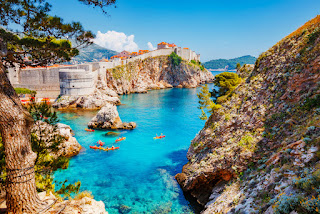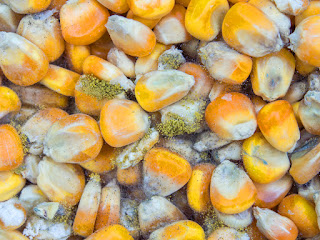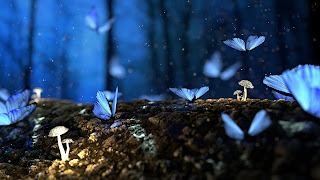Different techniques have been developed to remove plastic from rivers and oceans

🥤 Did you know that all kinds of techniques have been developed to remove plastic from rivers and oceans? 🌊 The Great Pacific Garbage Patch is a stark reminder of the harm plastics can cause to our environment and marine life. Although preventing is better than solving this issue, we have solutions to capture plastic that has already been littered: 🚀 Large-scale booms, river booms, waterway litter traps, robots, boats, wheels, and beach cleaners are among the creative methods employed to combat plastic pollution. From capturing trash in floating pipes to using AI-powered robots that specifically target plastic, these technologies are making a difference. 🔍 Want to learn more about these fascinating plastic removal techniques? Dive into the details here: https://medium.com/climate-conscious/how-plastics-can-be-removed-from-our-rivers-and-oceans-4ce575978bf1 ✉ Subscribe here to receive email notifications for future science communication articles: https://medium.com/@ErlijnG/su...











